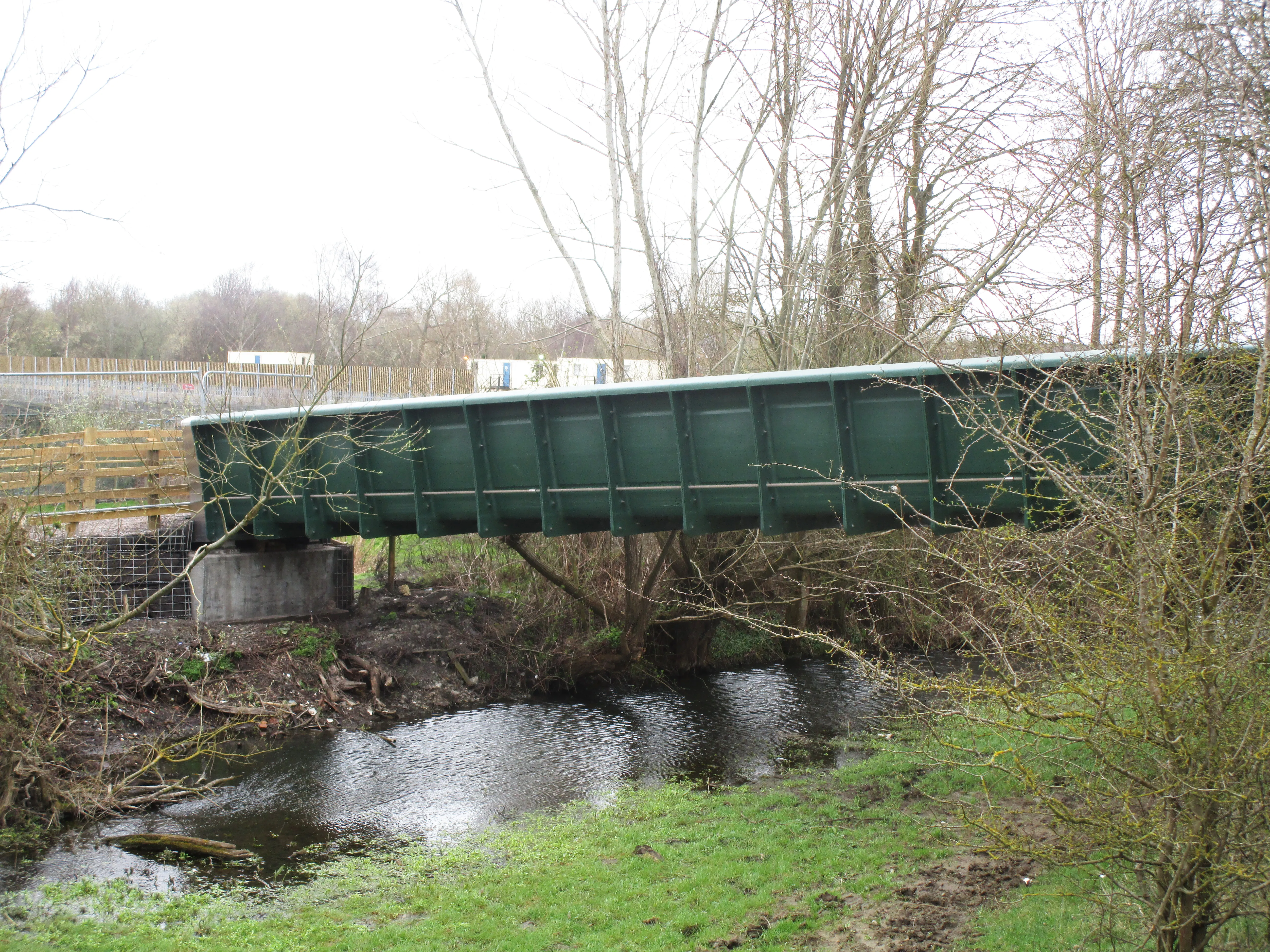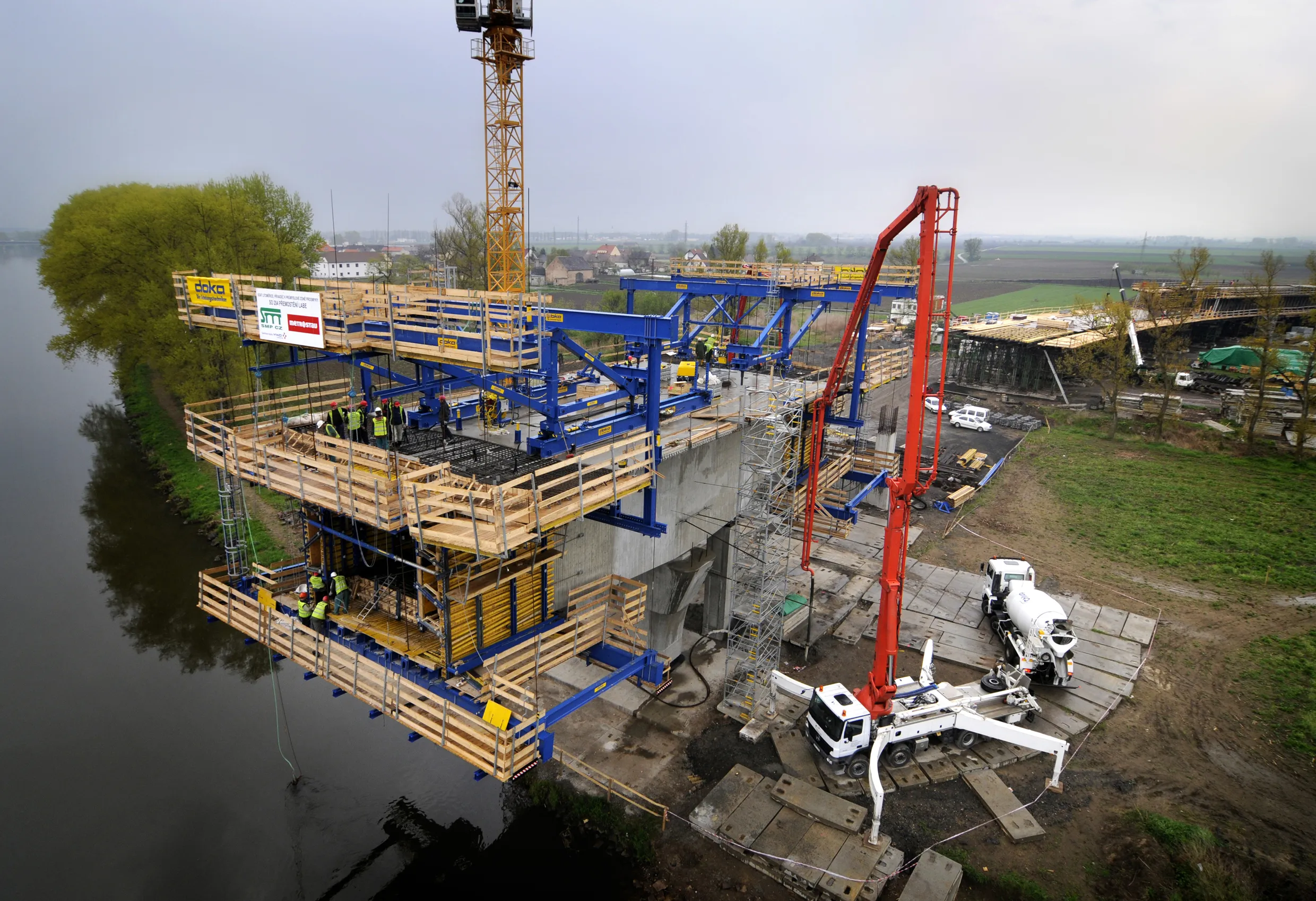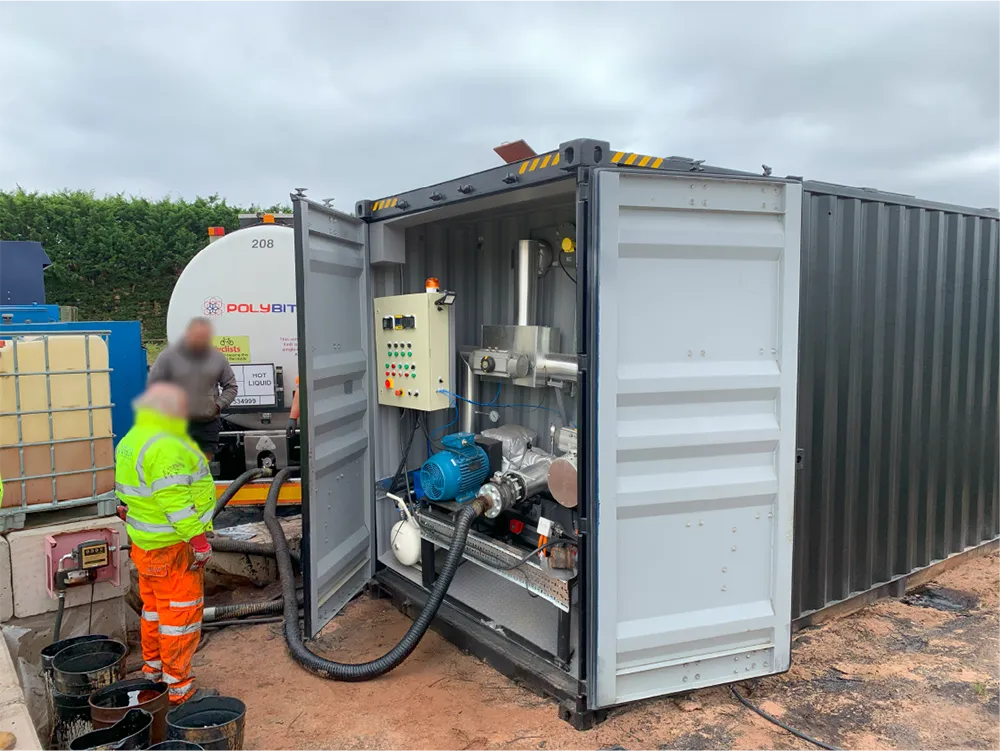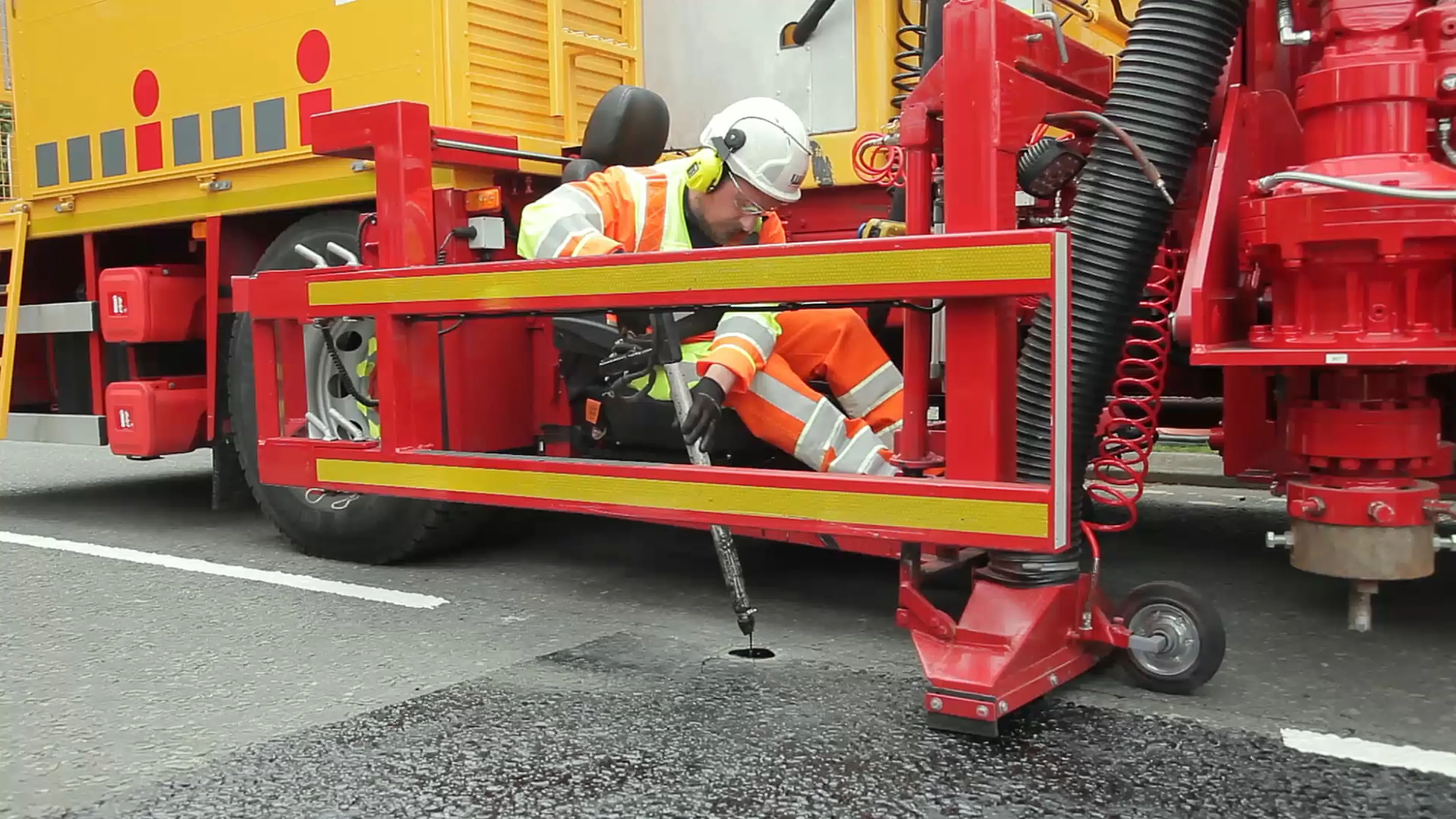
Based on a concept by engineering design company
The Mabey Group specialises in the design and provision of temporary works including propping and jacking as well as environmental monitoring services, formwork and falsework systems and the hire of non-mechanical groundworks equipment.
The post-tensioned Pedesta bridge can be assembled in remote or hard-to-reach sites inaccessible to large cranes and heavy machinery. Mabey said that the bridge provides a safer alternative to level crossings where traditional pedestrian bridges cannot be installed. Being 70% lighter than steel, the modules require only a pallet truck or forklift for transportation and handling, enabling faster, safer and more efficient project delivery.
Pedesta is fully customisable its form, material, colour and finish. The material provides additional resistance to fire, graffiti, vandalism and ultraviolet radiation. It features include 1m-long identical modules fixed together with bolted shear connectors and then post-tensioned. The system allows spans of up to 30m so it can adapt to suit any application.
“We can see this bridge being useful for a whole host of global applications – from rail footbridges to road and river spans,” said Rebecca Stewart, an associate at Arup.









